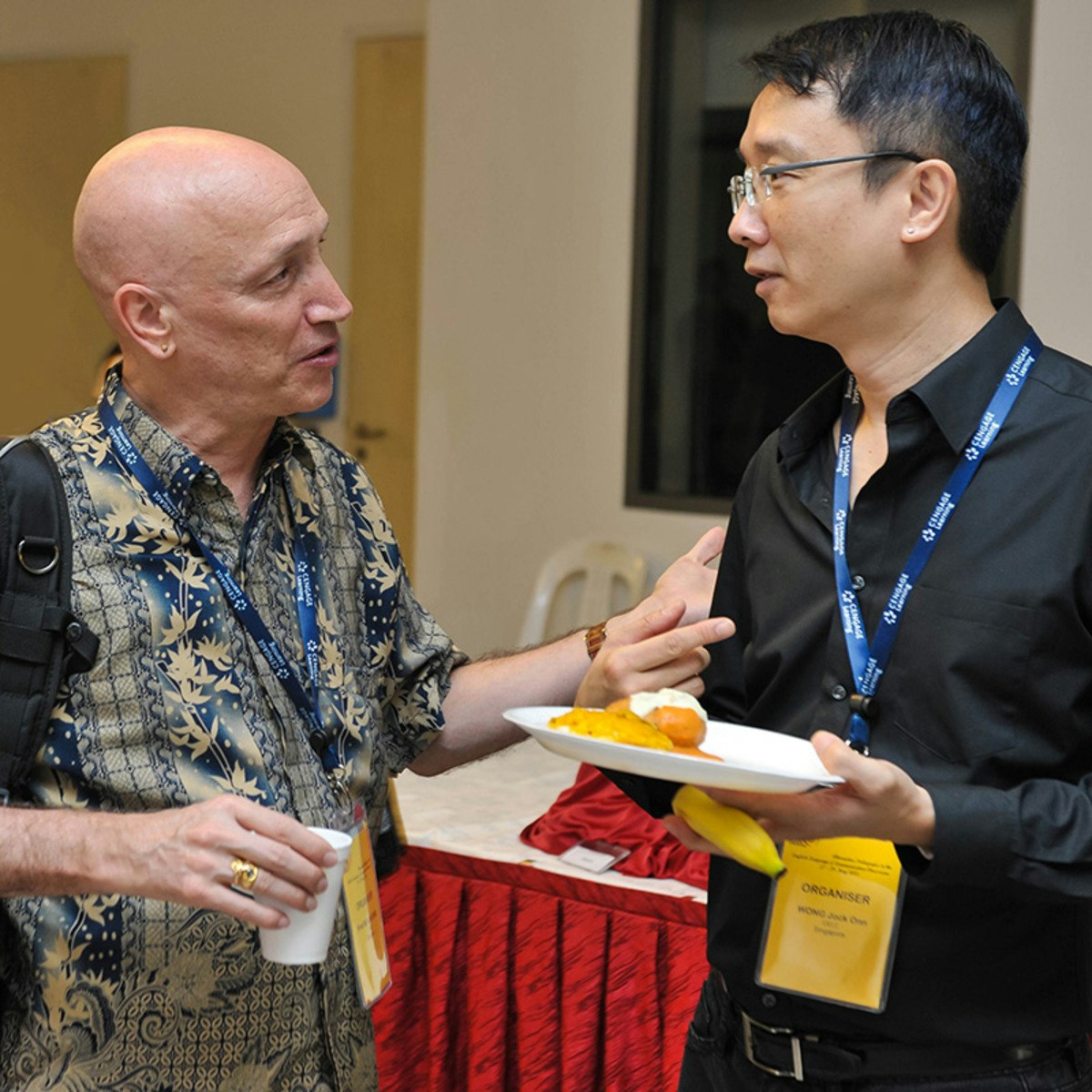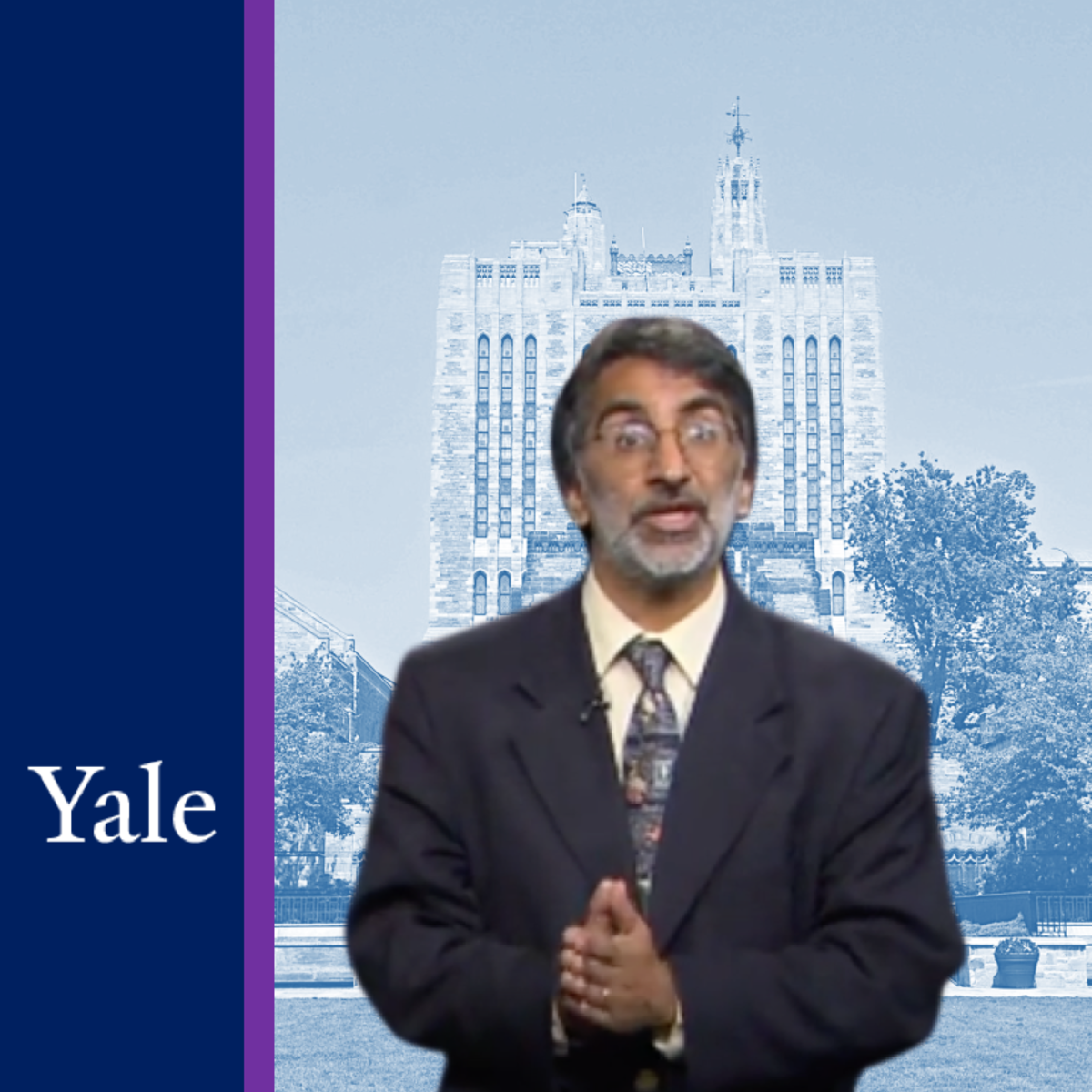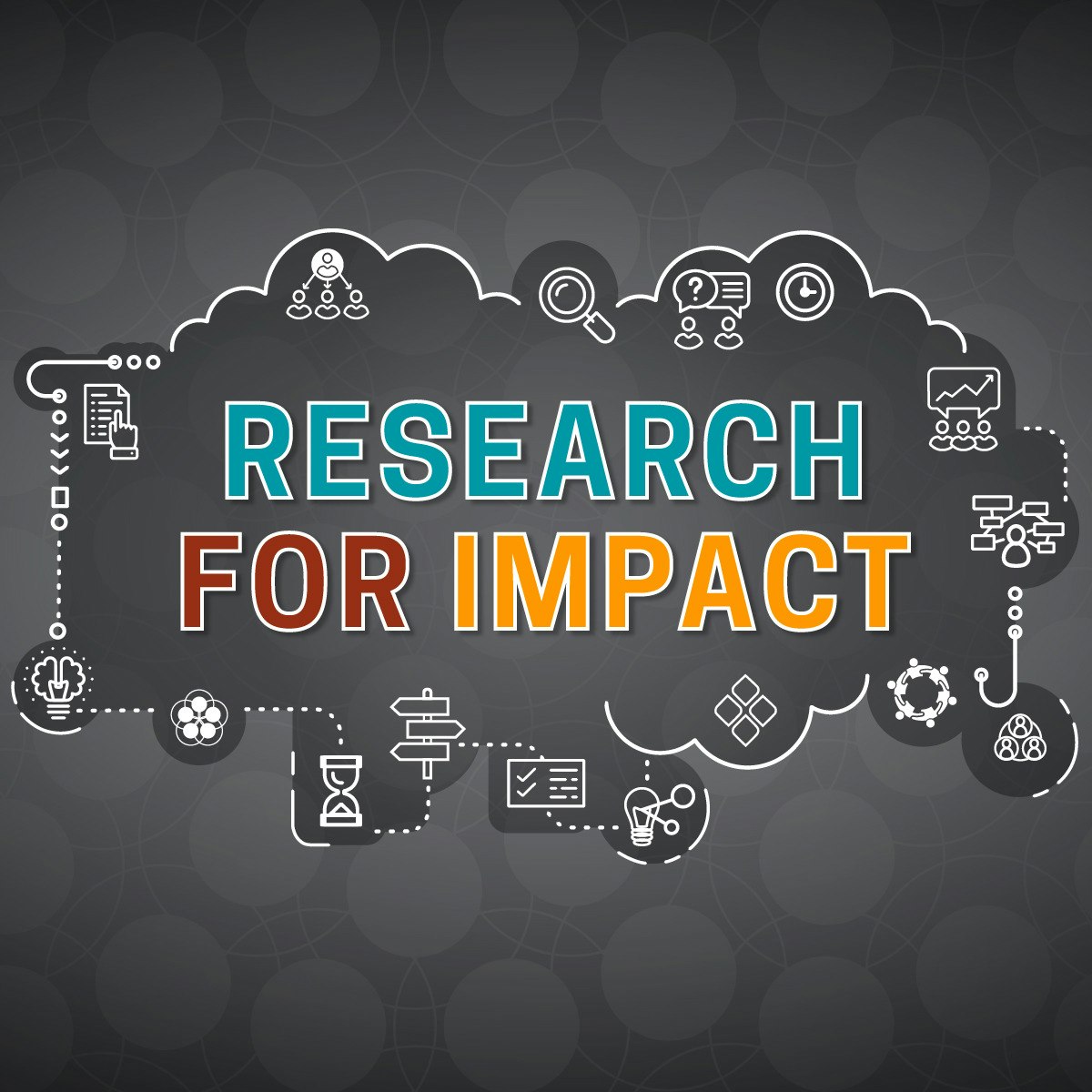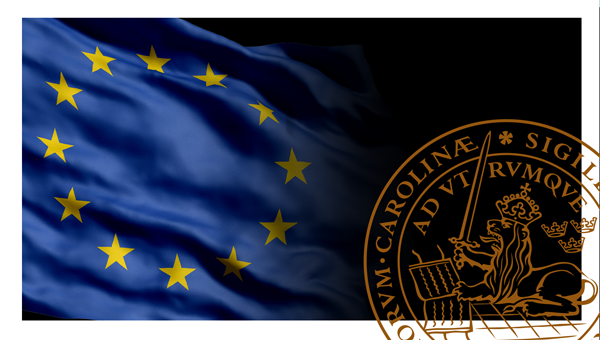Back to Courses









Social Sciences Courses - Page 37
Showing results 361-370 of 672

Introduction to the Orbital Perspective
The goals of this course are to develop the student’s critical thinking skills, global awareness, and ability to work as an integral part of a team in an increasingly complex global job market. The course provides a foundation in such skills as team building, collaboration, and elevated empathy using real-world scenarios from some of world’s most effective collaborative projects including the Earthrise-2068 Project.
Living on the International Space Station was a powerful, transformative experience—one that could hold the key to solving our problems here on Earth. On space walks and through windows, course instructor Ron Garan was struck by the stunning beauty of the Earth from space but sobered by knowing how much needed to be done to help this troubled planet. And yet on the International Space Station, Garan, a former fighter pilot, was working work side by side with Russians, who only a few years before were “the enemy.” If fifteen nations could collaborate on one of the most ambitious, technologically complicated undertakings in history, surely we can apply that kind of cooperation and innovation toward creating a better world.
In this course Garan will convey what it was like learning to work with a diverse group of people in an environment only a handful of human beings have ever known. But more importantly, the course will address how we can apply the orbital perspective here at home, embracing new partnerships and processes to promote peace and combat hunger, thirst, poverty, and environmental destruction. This course is a call to action for each of us to care for the most important space station of all: planet Earth.
The course will also involve participation in the Earthrise-2068 project. Working with people from around the world, students will help craft a vision of our future in the year 2068. Students will also help craft a crowdsource strategy for both the co-envisioned future of the world in 2068 and a roadmap to get there. Students will also participate in the crafting of a “call-to-action” to be delivered at the United Nations General Assembly in September 2017.

Beyond the Sustainable Development Goals (SDGs): Addressing Sustainability and Development
We’re excited you’re here! This course, “Beyond the Sustainable Development Goals (SDGs): Addressing Sustainability and Development,” is the first course in the Sustainability and Development MasterTrack® Certificate, but you can also take this course as a stand-alone learning opportunity.
Sustainability and development pose unprecedented challenges as human societies grow and seek to ensure future wellbeing and prosperity. In this course, we’ll focus on addressing the twin challenges of sustainability and development with actionable knowledge for innovating solutions to the world’s most pressing problems like climate change, poverty and inequality, and biodiversity loss and ecosystem degradation. Rather than sustainability being a qualifier for development (e.g. sustainable development), we conceptualize Sustainability and Development as co-equal fields of inquiry and action that seek to build bridges between the natural, social and applied sciences and the humanities. When sustainability and development are placed on an equal footing, it requires us to think more explicitly about the trade-offs, co-benefits and synergies between them, which we will be exploring in depth in each week.
Throughout the course, you will be introduced to the theoretical currents in Sustainability and Development, and will garner an in-depth understanding of the United Nations’ 17 Sustainable Development Goals (SDGs). We will also consider the methods and skills necessary for designing innovative solutions to sustainability and development problems through the emerging field of Sustainability Science.
In this course, we will explore three of the most pressing challenges undergirding the Sustainable Development Goals (SDGs) including climate change, poverty and inequality, and ecosystem degradation and biodiversity loss, with case studies to guide and challenge our thinking. In the final week of the course, we will discuss the trade-offs, co-benefits and synergies between these challenges, especially as they relate to designing innovative solutions for achieving our sustainability and development goals.
By the end of this course, you will be able to:
1. Understand and explain the world’s most pressing problems with a specific focus on poverty & inequality, ecosystem degradation and biodiversity loss, and climate change.
2. Critically analyze the Sustainable Development Goals (SDGs) and their relationship to the world’s most pressing problems.
3. Use frameworks and evidence necessary to develop solutions.
4. Assess relevant solutions that would help realize the SDGs and at the same time solve the pressing problems.
5. Apply skills learned to implement solutions.

The Classical Linear Regression Model
In this course, you will discover the type of questions that econometrics can answer, and the different types of data you might use: time series, cross-sectional, and longitudinal data.
During the course you will:
– Learn to use the Classical Linear Regression Model (CLRM) as well as the Ordinary Least Squares (OLS) estimator, as you discuss the assumptions needed for the OLS to deliver true regression parameters.
– Look at cases with only one independent variable for one dependent variable, before progressing to regression analysis by generalising the bivariate model to multiple regression.
– Explore different model-building philosophies, with particular focus on the general-to-specific approach, and learn how to use goodness-of-fit statistics as the measures of “how well your model explains variations in the dependent variable”.
Throughout this course, you will see examples to help clarify which kind of relationship is of interest, and how we can interpret it. You will also have the opportunity to apply your learning to estimating the Capital Asset Pricing Model using real data with R.
The course is for beginners, so little prior knowledge is required, but you will benefit from an ability to graph two variables in the xy framework, an understanding of basic algebra and taking derivatives. Knowledge of matrix algebra is not a requirement but will also provide you with an advantage.
By the end of this course, you will be able to:
– Describe the problems that econometrics can help addressing and the type of data that should be used
– Explain why some hypotheses are needed for the approach to produce an estimate
– Calculate the coefficients of interest in the classical linear regression model
– Interpret the estimated parameters and goodness of fit statistics
– Estimate single and multiple linear regression models with R.

Establishing a Professional ‘Self’ through Effective Intercultural Communication
In the course ‘Establishing a professional ‘self’ through effective intercultural communication’, you will learn how to communicate effectively to establish relationships with colleagues in a culturally and linguistically diverse community and workplace.
As language reflects cultures, we begin the course by highlighting the need to take into considerations cultural values when we communicate in a multicultural community and workplace. We then move on to discuss some effective communication skills required to build relationships with colleagues in a globalised workplace.
You will learn to adopt appropriate intrapersonal and interpersonal, verbal and nonverbal, communicative strategies to present information based on the 7 communication principles.
Finally, you will learn to build your personal profile and appropriately align yourself in a globalised workplace.

America's Unwritten Constitution
An introduction to basic techniques of constitutional interpretation.

Esports: Leveling Up Teach-Out
Explore the growing competitive gaming phenomenon that has changed the lives of millions of gamers and non-gamers alike while challenging the concept of a sport. In this Teach-Out. you'll join a conversation about the history of esports as well as gain an understanding of who participates in esports, how esports teams are formed, and how competitive gameplay works. Hearing directly from competitive players, leaders of collegiate esports programs, and industry insiders, you'll explore the societal impact of esports and look ahead to the future of the industry.
You'll explore these topics in this Teach-Out:
History of competitive gaming and esports players.
How to watch, play, and compete in esports.
Emerging career pathways within the esports landscape.
Societal impacts of the esports industry, including diversity, equity, inclusion challenges in gaming culture.
The future of the esports industry.

Research for Impact
In this course, you will learn more about the Research for Impact approach - a set of principles and practices that will help you to make your research more impactful. Traditionally, the goals and outcomes of research projects were to contribute knowledge and communicate this knowledge through academic publications and journal articles. But If we truly want our research to have an impact, we need to do research differently. Research that influences change in policy, practice, behaviour and attitudes.
On this six-week journey, Jesse DeMaria-Kinney and Mark New share their experience of the Adaptation at Scale for Semi-arid Regions (ASSAR) Project, where they developed and refined the Research for Impact approach. They are joined by researchers and practitioners who followed this approach in their research. Together you will explore the five elements of the Research for Impact approach, i.e. Theory of Change; Stakeholder Engagement and Strategic Partnerships, Strategic Communication, Capacity Development; and Influencing. You will also get opportunities to hear from researchers and practitioners on the ground who followed this approach, and hopefully become inspired and equipped to incorporate these principles into your own research projects.
The course is free to enroll and take. You will be offered the option of purchasing a certificate of completion, which you become eligible for if you successfully complete the course requirements. This can be an excellent way of staying motivated! Financial Aid is also available.

European Business Law: Understanding the Fundamentals
The European Union is one of the world’s largest and most important economies. This six week course is the first in a series of three that will provide students with an insight into European Business Law. The series ranges from considering the basic structures and principles of the European Union to focusing on various specialized areas of law. Each course will give the students an understanding of the laws and policies that regulate the internal market of European Union, as well as relevant case law and useful inputs from leading practitioners in the field.
At the end of this course series, you will have a basic understanding of how to:
• Navigate EU legal sources
• Understand relevant laws and regulations governing the internal European Union market
• Apply the fundamental principles of EU law within the EU legal framework
• Utilize the rules of freedom of movement and their impacts on trade in the EU
• Relate EU law with national laws
• Understand how individuals and companies are able to enforce their EU rights on national level
• Understand how an individual can challenge an inadequate EU legislation
• Understand EU policies and their influence on foreign trade and investment
About the Series
In the first course, Understanding the Fundamentals, we will examine the core structures and principles of the European Union as well as the main sources of law. In the second course, Doing business in Europe, we will focus on the main laws that regulate various aspects of establishing and running a business within the European Union. In the final course, Competing in Europe, we will go into more depth about how to compete on the internal market and protect your brand, product or invention.
To keep up to speed on the course series, visit our Facebook page at:
https://www.facebook.com/eblmooc/
Syllabus and Format
Each course consists of a number of modules where one module represents about one week of work. A module includes a number of lectures and readings, and finishes with a voluntary assessment – a quiz, a small peer graded assignment or a case law review. The assessments are intended to encourage learning and ensure that you understand the material of the course. Participating in forum discussions is voluntary.
Course I - Understanding the Fundamentals
Module 1. Introduction to EU law
Module 2. Legal Method and Sources
Module 3. Constitutional Freedoms and Fundamental principles
Module 4. Enforcement of EU Law and Judicial Review
Module 5. Freedom of Movement
Module 6. The External Dimension
Course II - Doing Business in Europe
Module 1. Making Business Transactions
Module 2. Establishing a Company
Module 3. Employing and Working in Europe
Module 4. Paying Taxes and Complying with Environmental Standards
Module 5. Resolving Cross-border Disputes
Module 6. Case Clinic
Course III - Competing in Europe
Module 1. Trademarks as Essential Assets
Module 2. Defending Patents
Module 3. Competition: Illegal Agreements
Module 4. Competition: Abuse of Dominance and Mergers
Module 5. Selling to the State and State Aid
Module 6. Advocacy and Legal Writing
Lund University
Lund University was founded in 1666 and has for a number of years been ranked among the world’s top 100 universities. The University has 47 700 students and 7 500 staff based in Lund, Sweden. Lund University unites tradition with a modern, dynamic, and highly international profile. With eight different faculties and numerous research centers and specialized institutes, Lund is the strongest research university in Sweden and one of Scandinavia's largest institutions for education and research. The university annually attracts a large number of international students and offers a wide range of courses and programmes taught in English.
The Faculty of Law is one of Lund University’s four original faculties, dating back to 1666. It is a modern faculty with an international profile, welcoming both international and Swedish students. Education, research and interaction with the surrounding community are the main focus of the Faculty’s work. The connection between the three is particularly apparent in the programmes and courses offered by the university, including the university’s MOOC course in European Business Law. The students get the chance to engross themselves in traditional legal studies, while interacting with both researchers and professionally active lawyers with qualifications and experience from various areas of law.
The faculty offers three international Masters: two 2-year Master’s programmes in International Human Rights Law and European Business Law, and a 1-year Master’s in European and International Tax Law. Students from around 40 countries take part in the programmes which offer a unique subject specialization within each field, with highly qualified researchers and professional legal practitioners engaged in the teaching.
The Master’s programme in European Business Law provides an in-depth understanding of both the practical and the theoretical aspects of business law within the European Union. The programme provides both general and specific knowledge of the European Union legal framework, which is necessary for students intending to work as legal advisors or business decision-makers. The programme is delivered in English and is open to students with at least a three year degree in Law (Bachelor, LL.B, or equivalent) who want to specialise in European economic and business law.
The MOOC course in European Business Law is a great course to start with for students intending to apply for the Master’s programme in European Business Law. Even though the MOOC course does not grant credits previous knowledge of the subject is considered upon admission to the master’s programme. For more information about the Master’s programme in European Business Law see https://www.law.lu.se/#!meb

Understanding 9/11: Why 9/11 Happened & How Terrorism Affects Our World Today
This course will explore the forces that led to the 9/11 attacks and the policies the United States adopted in response. We will examine the phenomenon of modern terrorism, the development of the al Qai'da ideology, and the process by which individuals radicalize towards violence.

Water Resources Management and Policy
Water management today is faced with new challenges such as climate change or the effects of human activity. Public and private stakeholders who are active in this field must develop new ways to better manage the water cycle "as a whole".
The objective of this MOOC is to develop an understanding of the problems related to water management. Firstly, this course will define a resource and, more specifically, the resource of water. It will look at how water is used and the activities associated with it as well as any potential conflicts. The course will look at water management in detail through the analysis of the different types of rights and obligations associated with, for example, the development of a multi-sectorial regulation system or a watershed management approach.
By the end of this course, our aim is to enable you to:
1) Identify the main issues and strategies linked to water resource management
2) Acquire the key reading material needed to understand the many variables (environmental, institutional and political) which affect water and which, in terms of management, may require adjustment.
This course was developed by the Geneva Water Hub. Alongside researchers from the University of Geneva from a range of faculties, researchers from other universities and research centres will be involved in this course. Practitioners who deal daily with the political dimension of water management will also input into the course.
This MOOC is designed for all those interested in the water sector. Prior training is not necessary to follow our program. The findings presented in this course can be easily reapplied to different contexts and to different scales of analysis.
This MOOC is supported by the Geneva Water Hub and the University of Geneva along with the MOOC in « Ecosystem Services: a Method for Sustainable Development » (www.coursera.org/learn/ecosystem-services) and the one in "International Water Law" (www.coursera.org/learn/droit-eau). This course is funded by the Global Programme Water Initiatives of the Swiss Agency for Development and Cooperation (SDC).
This course is also available in French : www.coursera.org/learn/gestion-eau
